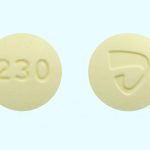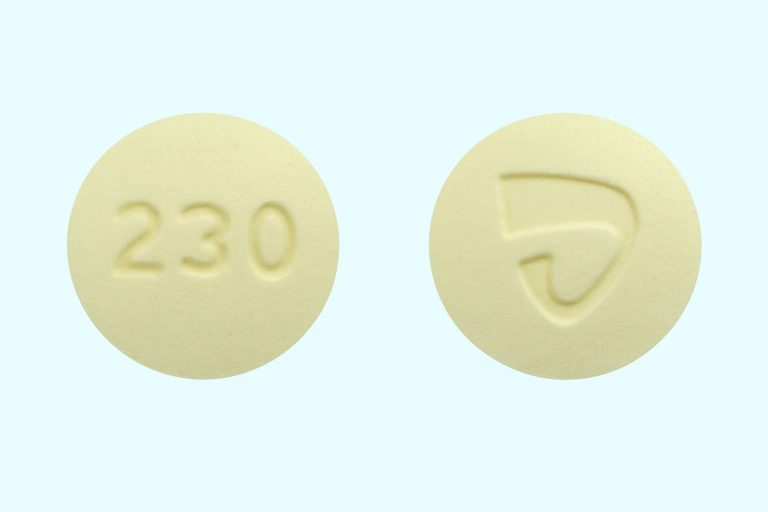Recovering from drug addiction may be one of the hardest things you’ll ever have to do in your life. Not only will you need to detox from physically addictive substances, but you’ll also need to take certain measures to get your life back on track.
The drug addiction treatment process involves walking down a difficult path. While some might characterize drug addiction treatment as a straight road, it actually involves many twists and turns.
So what exactly does the drug addiction recovery process look like? This article tells you everything you need to know about getting drug addiction help.
Precontemplation Stage
At this stage in the recovery process, you’re not yet ready to make the changes necessary to move on from drug addiction. During this part of the proceedings, you might rely on flimsy justifications or excuses for why you continue to use drugs.
For example, many addicts will justify using drugs because they think they’re just going to have “one more day,” and then they’ll start the recovery process. What tends to happen is that they get stuck in this mindset for months or even years at a time.
Another reason you might get stuck at this stage is due to a lack of information about drug addiction. For instance, you might not realize that addiction recovery often depends on getting external help.
Most people stuck in this stage think that recovery simply won’t work for them, but the reality is that anyone can make it to the next stage and get out of drug addiction.
Contemplation Stage
This next phase is when you finally decide to commit to recovery and to turn your life around. That doesn’t mean that you’ll immediately turn your life around at this stage in the process.
Someone in the contemplation phase recognizes that they have a problem, and they know that they need to take drastic steps to make positive life changes. Someone in the contemplation stage starts to think about the positive changes they could make in their life by becoming drug-free.
During this stage, an addict is less likely to make excuses. They’re more likely to listen to reason. Therefore this is the perfect time to convince an addict that they need to spend time in rehab.
Preparation Stage
During this stage, an addict builds a sense of urgency about their desire to get clean from drugs. This is the stage where an addict will start to take significant steps in the recovery process.
For example, they might enroll in a rehab program, join a gym or look into getting mental health counseling. It’s normal during this phase to go a few days without using drugs.
With that said, drug addiction recovery isn’t a straight path. YOu might therefore see an addict loop back to one of the previous stages. This can happen if a distressing event happens, causing the addict to turn to drugs to cope.
Action Stage
This is the vital stage where the addict completely commits to the recovery process. They might start attending a rehab program, or they might go through a medically induced detox.
During this phase, the addict will go through a prolonged period of abstinence. Not only does this phase involve stopping with self-destructive behavior, but it’s also about completely changing their lifestyle to something more healthy and fulfilling.
At this point, the addict may feel a sense of euphoria as they experience sobriety and clear-headedness for the first time in a long time. An addict should then develop a greater understanding of why they became a drug addict in the first place.
This will help them develop the mental tools they’ll need to avoid a relapse in the future.
Maintenance Stage
Of course, detoxing from drugs is only half the battle. Someone who was previously a drug addict is always at risk of relapsing. Therefore recovery is a constant process rather than a one-time thing.
It’s important that an ex-addict keeps up with the positive lifestyle changes that they’ve made while in recovery. For example, they should keep up with going to the gym, staying active, or engaging in new hobbies.
In the maintenance phase, it’s important to continue with some form of treatment or counseling. For most people, it can take years before the risk of relapse is significantly reduced.
An ex-addict might attend support groups, or they might get mental health counseling.
Mental Health
During the maintenance stage, it’s important that particular attention is given to any mental health problems that the ex-addict might have. Most drug addiction is rooted in some form of mental illness.
This means that if you simply detox from drugs without addressing underlying mental health problems, the risk for relapse is much higher.
Therefore, anyone with drug addiction issues should see a mental health counselor to get a mental health diagnosis. If they are diagnosed with a mental illness, they should then pursue the right treatment for their condition.
Start Your Drug Addiction Recovery Journey
It’s important to remember that recovering from drug addiction is a difficult process. Just because you experience failures or setbacks, it doesn’t mean that you can’t recover from drug addiction.
If you want to maximize your chances of success, you should attend a high-quality rehab facility. The setting you detox in can have a huge impact on whether or not you manage to get sober.
Getting sober is only half the battle. Once you’ve beaten your addiction in the short term, you’ll need to maintain good habits and address your mental health issues.
If you want to enroll in a great rehab center in a stunning area of natural beauty, take a look at our contact page, and take the first step towards drug addiction recovery today.













